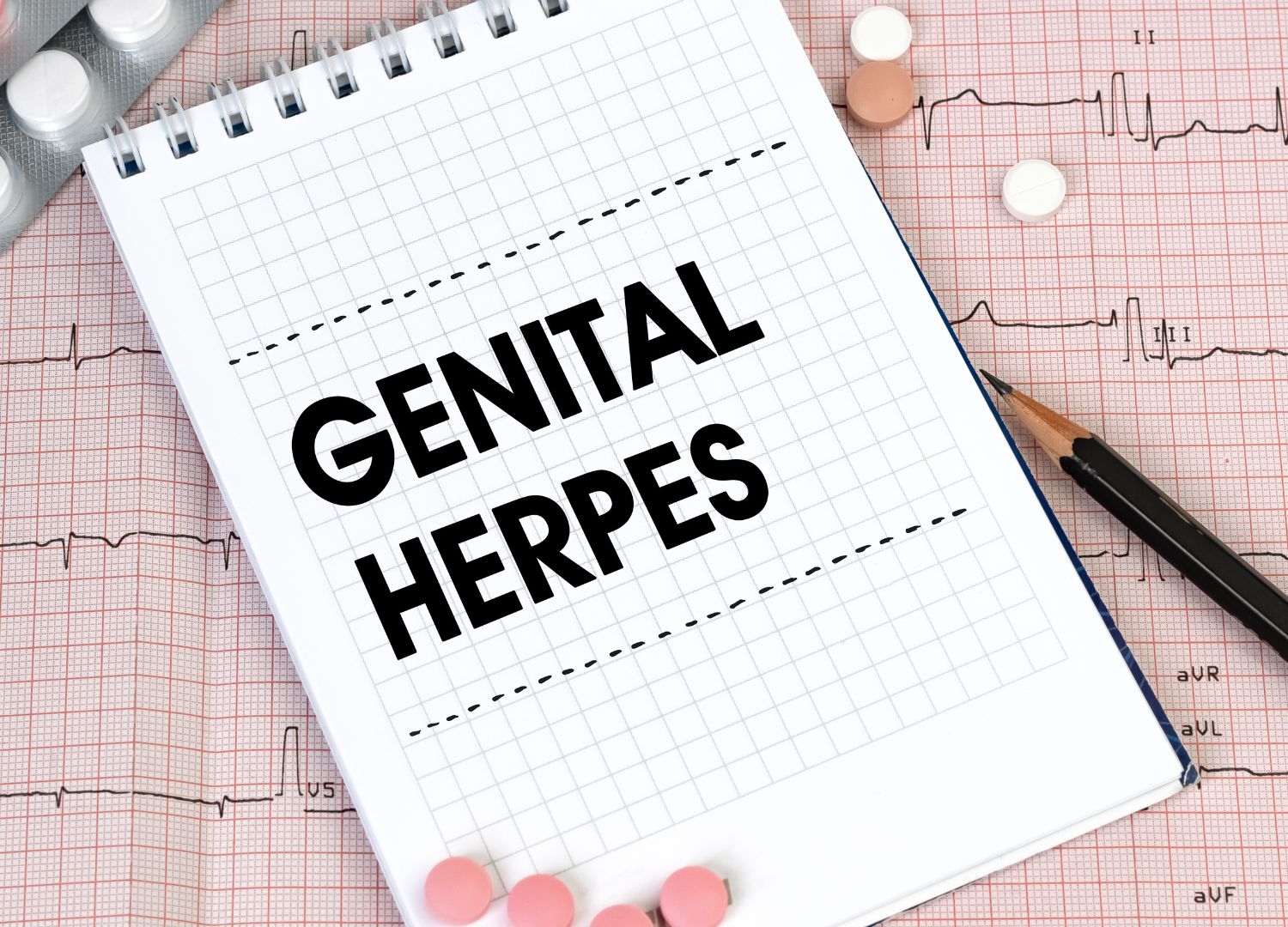
Malaria during Pregnancy: Risks, Prevention, and Treatment Strategies for pregnant women.
Malaria, na common
mosquito-borne disease and na significant threat to pregnant women and dia unborn children. For regions where malaria full everywhere , like sub-Saharan Africa and parts of Asia and Latin America, pregnant women dey face increased risk of complications.
The impact of malaria on pregnancy dey make various preventive measures and treatment strategies dey necessary to safeguard the health of both mama and pikin .
Malaria during pregnancy na serious health concern. Pregnant women go experience changes for dia immune system, e go come make dem dey more open to malaria infection. Plus , the infection fit get severe consequences, including maternal anemia, low birth weight, preterm birth, and even maternal death.
These complications get serious consequences for both the pregnant woman and em unborn pikin.
Wetin be the Risks and Complications?
Maternal Anaemia: Malaria fit lead to decrease for red blood cell count, that one go come result to anaemia for the pregnant woman . This condition fit get impact for both the mama health and the development of the foetus. If the red cell count reduce e go impact the nutrition of the foetus and the mama and e go also get other effects on the mama heart.
Low Birth Weight: Malaria dey increase the risk of say woman deliver baby with low birth weight, wen dey associated with higher likelihood of early neonatal death (i.e., death before the completion of the first 28 days of life) and problems with normal development.
Preterm Birth: Pregnant women with malaria dey at high risk of
premature delivery , dis one go increase the chances of complications for the newborn. This na because premature birth, birth before 37 weeks of pregnancy complete , go put the newborn at risk of complications like temperature dysregulation, infections, and breathing difficulties.
Wetin be the Preventive Measures?
Bed Nets: The use of insecticide-treated bed nets na highly effective preventive measure. To sleep under insecticide-treated mosquito bed net go help protect pregnant women from mosquito bites, did one go reduce the risk of malaria transmission. These nets na major component of preventive malaria strategies as overall reduction for mosquito bites go results in reduction of malaria cases.
Antimalarial Medications: for area wen malaria full everywhere dem go prescribe antimalarial drugs to prevent infection for pregnant women. But, the choice of medicine suppose dey carefully considered based on how drug-resistant malaria strains dey common for the area.
Intermittent Preventive Treatment (IPT): IPT dey involve to administer antimalarial drugs for scheduled intervals during pregnancy, regardless of whether the woman dey infected or not .
This approach aim na to reduce the burden of malaria and em associated complications and e dey work best for the absence of ongoing malaria infection.
IPT na important component of antenatal care and e dey emphasize the need for continuous care and dey monitor the pregnant woman and her unborn pikin.
Treatment Strategies:
Prompt Diagnosis: Early diagnosis dey important to manage malaria for pregnant women. Rapid diagnostic tests and microscopic examination of blood smears go help healthcare providers identify the infection and start timely treatment. If infections dey detected on time, treatment fit start immediately and the risk of complications wen dey follow late treatment go dey reduced.
Antimalarial Drugs: The choice of antimalarial medication for pregnant women go depend on factors like how strong the infection be and the drug safety. Artemisinin-based combination therapies (ACTs) dey commonly recommended. Other therapies fit dey used based on the healthcare provider’s obedience with data-proven treatment protocols.
Close Monitoring: Pregnant women diagnosed with malaria suppose receive close monitoring to track dia response to treatment and address any complications wen come up quick. Complications like anaemia fit dey treated with blood transfusion or medications .
Conclusion
Malaria during pregnancy na serious health risk wen dey demand attention and full measures for prevention and treatment. If we employ preventive strategies, we go fit reduce the impact of malaria for both the mama and pikin health.
Healthcare providers, policymakers, and communities must collaborate for this fight against malaria to make sure say pregnancies go dey safe and go bring about healthy outcomes for pregnant women and dia pikin .












